Cyberattack Rocks Healthcare, Exposes Millions
The recent cyberattack on Change Healthcare, a cornerstone in nationwide patient payment processing, has cast a stark light on the growing vulnerability of our healthcare systems to sophisticated cyber threats. With millions of personal records at risk and critical healthcare operations disrupted, the incident raises urgent questions about the security measures in place to safeguard sensitive data and guarantee the continuity of essential services. As we peel back the layers of this breach, it becomes evident that the implications extend far beyond immediate operational setbacks, touching on the very privacy and trust of countless individuals. This situation demands a closer examination of our preparedness and response strategies in the face of cyber adversity.
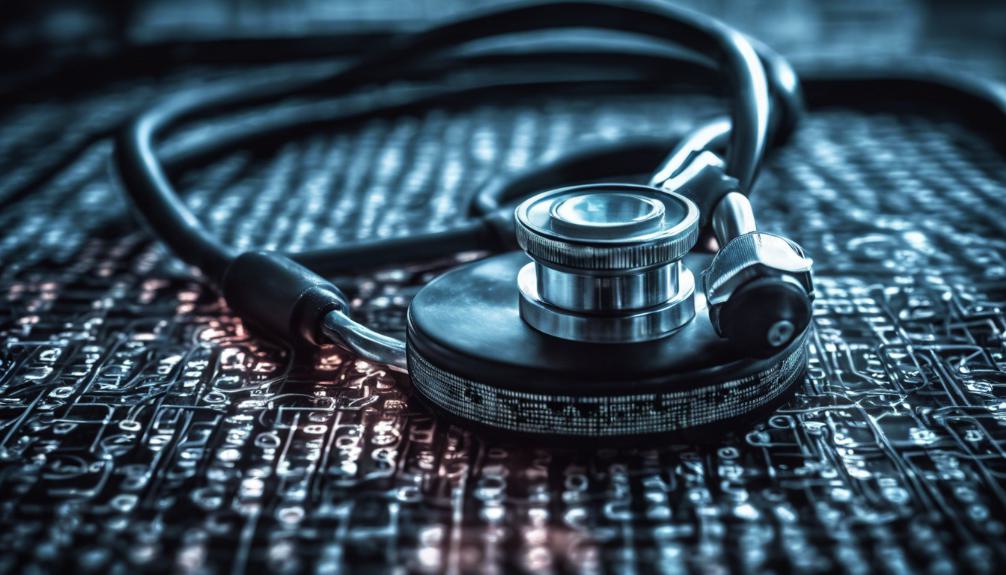
Key Takeaways
- Nationwide prescription services face delays due to a patient payment service cyberattack.
- Hospitals struggle with claim processing, billing, and insurance verification, impacting worker payment and supply procurement.
- Ransomware group BlackCat claims to have stolen 6 TB of sensitive data from clients like Medicare and CVS.
- Change Healthcare, part of Optum and owned by UnitedHealth Group, faces a class-action lawsuit from affected individuals.
Cyberattack Overview

The cyberattack on Change Healthcare, a critical component of the United States' healthcare infrastructure, has greatly disrupted services by targeting the company's patient payment and data processing systems. As a provider integral to the nation's healthcare operations, Change Healthcare's encounter with ransomware has posed significant challenges, not just to its own functioning but to the broader ecosystem relying on its services. The immediate response has involved a meticulous assessment of the breach's extent, collaboration with law enforcement, and the implementation of strategic workarounds to guarantee continuity of care and access to essential medications. This situation underscores the importance of robust cybersecurity measures and the need for collective efforts to safeguard sensitive information against such malicious attacks, guaranteeing that the noble mission of serving patients and healthcare providers remains uncompromised.
Healthcare Delays Nationwide

Nationwide healthcare delays have emerged as a critical consequence of the cybersecurity breach at Change Healthcare, disrupting essential services across the sector. This incident has primarily hindered prescription services, causing significant holdups in the delivery of necessary medications to patients. The ripple effects of this breach extend to a broad spectrum of healthcare operations, impacting patient care and access to treatments. Healthcare professionals are now tasked with finding immediate guarantee solutions to make sure that patient care remains uninterrupted. The commitment to serving patients has propelled the sector to adapt quickly, albeit under challenging circumstances. Change Healthcare's efforts to mitigate the situation include extensive collaboration with law enforcement and cybersecurity experts, aiming to restore normal operations and maintain the trust of those relying on their services for healthcare needs.
Hospitals' Processing Challenges
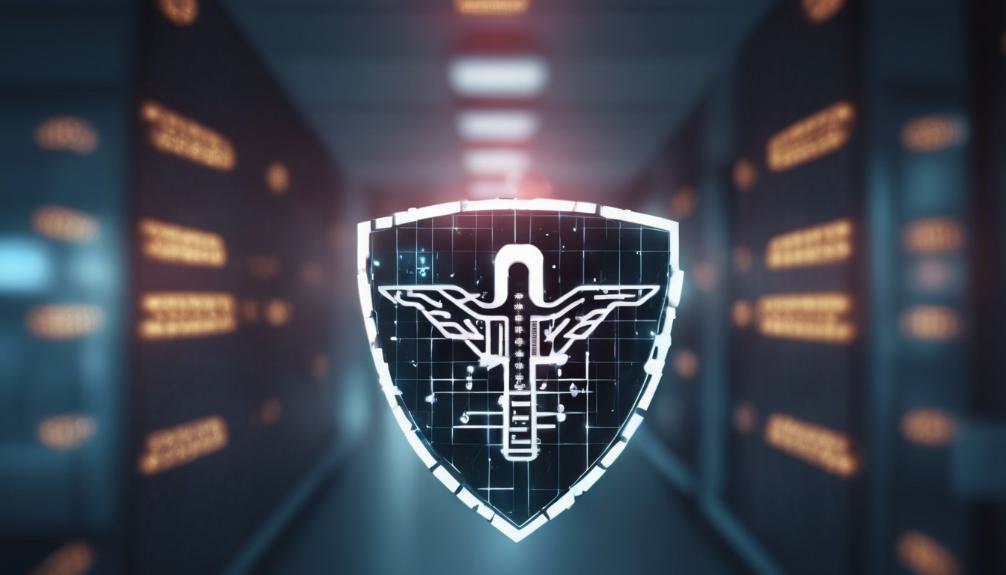
Amidst the widespread disruptions caused by the cybersecurity breach at Change Healthcare, hospitals are now grappling with significant challenges in processing claims, billing, and verifying insurance coverage for their patients. This situation imposes a heavy burden on healthcare providers who are committed to delivering uninterrupted care and support to those in need. The disruption hinders the seamless operation of healthcare services, complicating the administrative aspects of patient care. Hospitals are forced to find immediate yet temporary workarounds to make sure that healthcare delivery does not come to a halt. The commitment to serving patients remains the priority, as healthcare facilities work hard to navigate these processing challenges with minimal impact on patient care. The resilience of healthcare workers shines through as they adapt to these unprecedented circumstances, ensuring that patient welfare remains at the forefront of their efforts.
Workforce and Supply Concerns

Facing the aftermath of the Change Healthcare cyberattack, hospitals are now confronting severe concerns regarding their ability to adequately staff their facilities and secure necessary medical supplies. The cyberattack has not only disrupted the operational capacity of healthcare providers but also strained their financial resources. Hospitals, which operate on thin margins, are finding it increasingly difficult to guarantee timely payment to their workforce and maintain an uninterrupted supply of critical medical items. This situation poses a significant risk to patient care and safety, as the availability of healthcare professionals and essential supplies directly impacts the ability to deliver quality care. As hospitals navigate these challenges, the focus remains on finding immediate and sustainable solutions to mitigate the impact on both staff and patients, ensuring that the commitment to serving the community remains unbroken.
Prescription Fulfillment Delays

The cyberattack on Change Healthcare has precipitated significant delays in prescription fulfillment, affecting patients across the country. This disruption has placed an undue burden on individuals requiring timely access to medications for managing chronic conditions, acute illnesses, and other health needs. Healthcare providers, already strained by the challenges of the pandemic, are now grappling with the added complexity of ensuring their patients receive the necessary care without the usual support systems. The situation underscores the critical nature of cybersecurity in safeguarding the healthcare supply chain, from prescription processing to delivery. As the healthcare community navigates these troubled waters, the focus remains on minimizing the impact on patient care and exploring all avenues to expedite the fulfillment process, ensuring that those in need receive their medications without undue delay.
Change Healthcare's Response
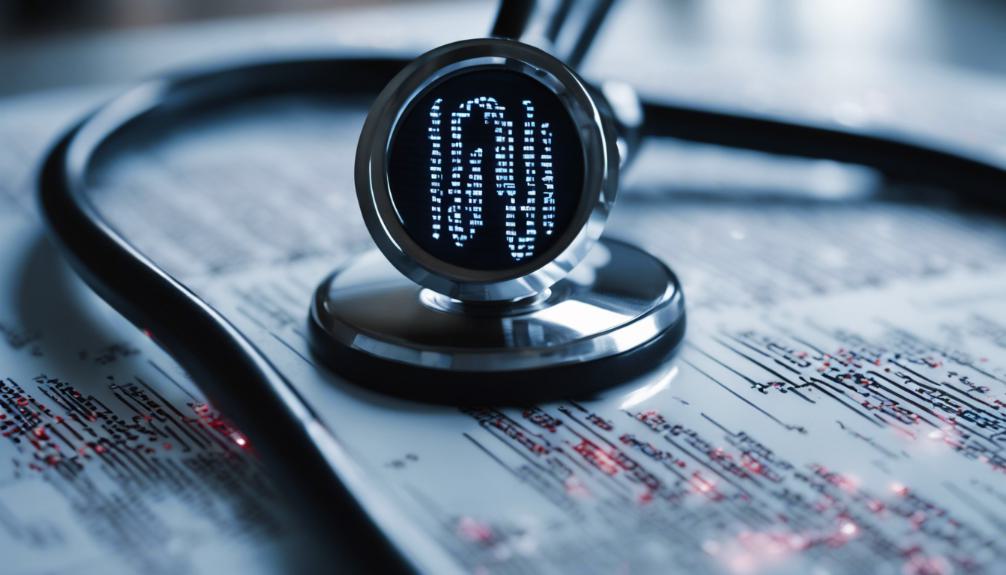
In response to the cyberattack's widespread impact, Change Healthcare has implemented several measures to mitigate the disruption in healthcare services and safeguard patient information. Recognizing the critical nature of healthcare operations, the company swiftly collaborated with cybersecurity experts and law enforcement to contain the breach and prevent further unauthorized access. Change Healthcare is committed to maintaining the integrity and confidentiality of patient data, a cornerstone in serving the community's health needs. In addition, they have initiated thorough internal reviews to enhance their security frameworks and prevent future incidents. The organization is also actively communicating with affected parties, offering support and guidance to navigate the aftermath of the attack. Through these actions, Change Healthcare demonstrates its dedication to restoring trust and ensuring the continuous delivery of essential healthcare services.
Company Ownership Details

Ownership of Change Healthcare, a key player in the healthcare payment processing sector, resides under the umbrella of Optum, a part of the UnitedHealth Group. This organizational structure situates Change Healthcare within a vast network of health and wellness services, leveraging the extensive resources and expertise of its parent company to innovate and deliver solutions that enhance patient care. The collaboration among these entities emphasizes a commitment to improving health outcomes and optimizing healthcare delivery across the board. As a vital component of this ecosystem, Change Healthcare plays a pivotal role in facilitating seamless healthcare transactions, thereby ensuring that providers can focus on what they do best: serving and healing communities. This integration underlines a united front in the pursuit of excellence in healthcare services.
Ransomware Group Involvement
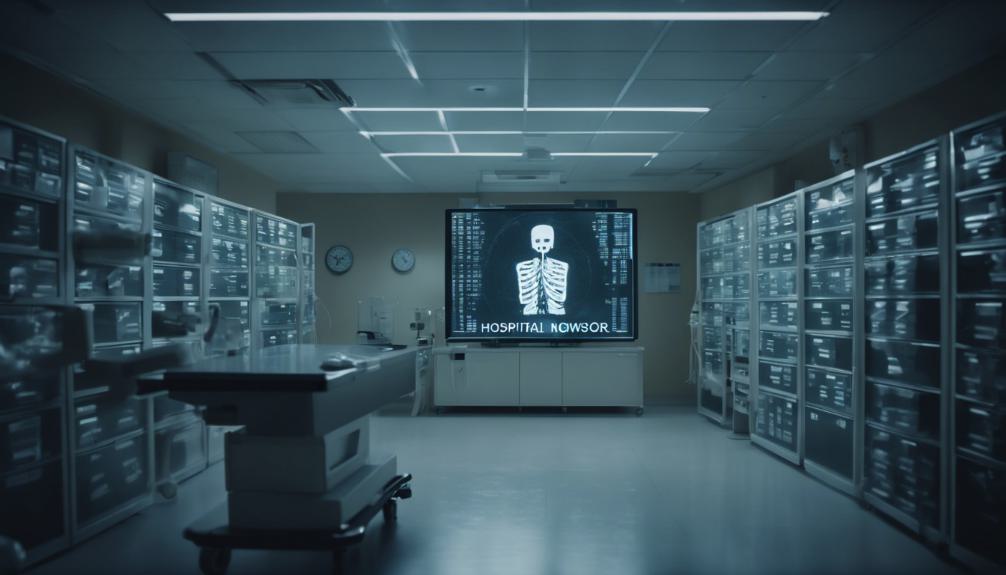
Building on the understanding of Change Healthcare's role within the healthcare sector, it's imperative to examine the involvement of ransomware groups that have considerably impacted its operations. Remarkably, the cyberattack orchestrated by the group known as ALPHV has brought to light the vulnerabilities within the healthcare infrastructure. This incident underscores a growing concern over the security measures in place to protect sensitive patient data. The attack not only disrupted the company's ability to process payments and claims but also raised serious concerns about the confidentiality of health information. The breach indicates a sophisticated level of planning and execution, highlighting the need for enhanced cybersecurity protocols. It serves as a poignant reminder for organizations within the healthcare sector of the constant threat posed by cybercriminals and the importance of vigilance and preparedness in safeguarding patient information.
Financial Demands Revealed

Revelations regarding the financial demands of the ransomware group have shed light on the economic pressures facing Change Healthcare in the aftermath of the cyberattack. The attackers, identified as the group ALPHV, have reportedly demanded a ransom of $22 million. This exorbitant sum underscores the severity of the cyberattack and the significant financial burden it places on an organization dedicated to facilitating essential healthcare services. For Change Healthcare, an entity at the heart of patient payment processing, this situation not only disrupts its operational capabilities but also imposes a heavy financial strain. The organization's commitment to ensuring access to medications and care, despite these challenges, reflects its dedication to serving the healthcare needs of the public while *maneuvering* through this precarious situation.
Sensitive Data Compromised
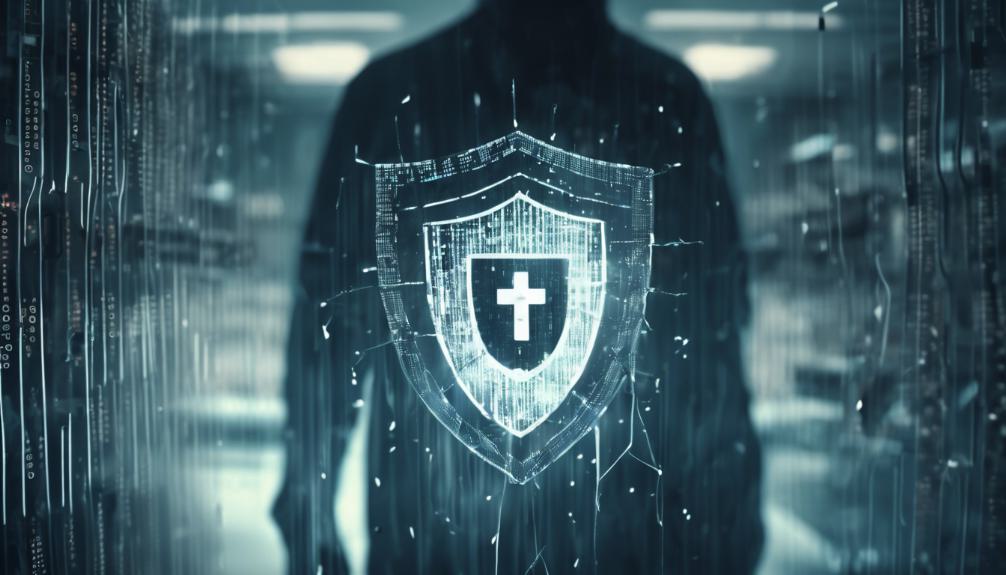
In the wake of the cyberattack on Change Healthcare, the ransomware group BlackCat has claimed responsibility for stealing 6 TB of sensitive data, highlighting a significant breach of security that affects numerous clients, including Medicare, TriCare, CVS, and MetLife. This incident puts at risk the personal and health information of millions of individuals, underscoring the vulnerability of healthcare data to cyber threats. The compromise of such data not only poses immediate concerns for patient privacy but also raises serious questions about the overall integrity and reliability of healthcare information systems. For those dedicated to serving patients and ensuring their wellbeing, this breach is a stark reminder of the critical need for robust cybersecurity measures to protect sensitive information from malicious actors.
BlackCat's Data Theft

Following the breach of security by the ransomware group BlackCat, the theft of 6 TB of sensitive data marks a significant escalation in the cyberattack on Change Healthcare. This incident not only underscores the vulnerability of critical healthcare infrastructure to sophisticated cyber threats but also amplifies concerns over the safety of sensitive patient information. The stolen data, which encompasses details from various clients including Medicare, TriCare, CVS, and MetLife, poses a substantial risk to millions of individuals whose personal and health information may now be compromised. The implications of this breach extend beyond immediate data loss, potentially undermining the trust between healthcare providers and their patients, and necessitating a thorough review of security protocols to prevent future incidents. This event serves as a stark reminder of the importance of robust cybersecurity measures in safeguarding the integrity of healthcare services.
Identity Protection Efforts
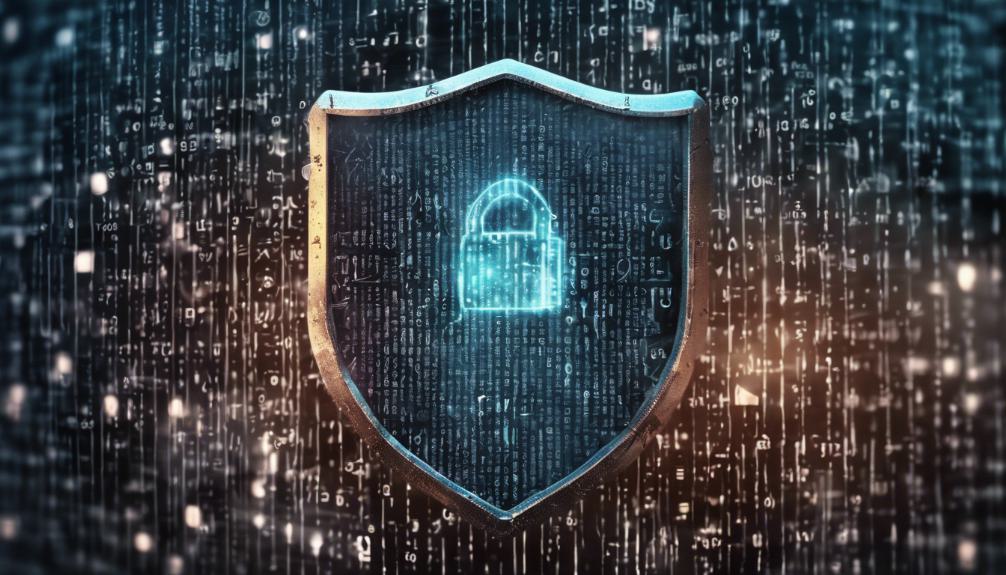
Change Healthcare has initiated a collaboration with law enforcement and cybersecurity experts to fortify identity protection measures for individuals potentially impacted by the recent data breach. Recognizing the critical nature of personal and health information security, this partnership underscores a commitment to safeguarding affected individuals' identities. The ongoing assessment aims to understand the full scope of the breach's impact on members, patients, and customers. While there has been no confirmation of personal or health information theft, Change Healthcare remains vigilant, advising patients and customers to do the same. The organization assures that it will notify affected individuals if their personal information was compromised, demonstrating a dedication to transparency and the well-being of those it serves.
Legal Recourse for Victims
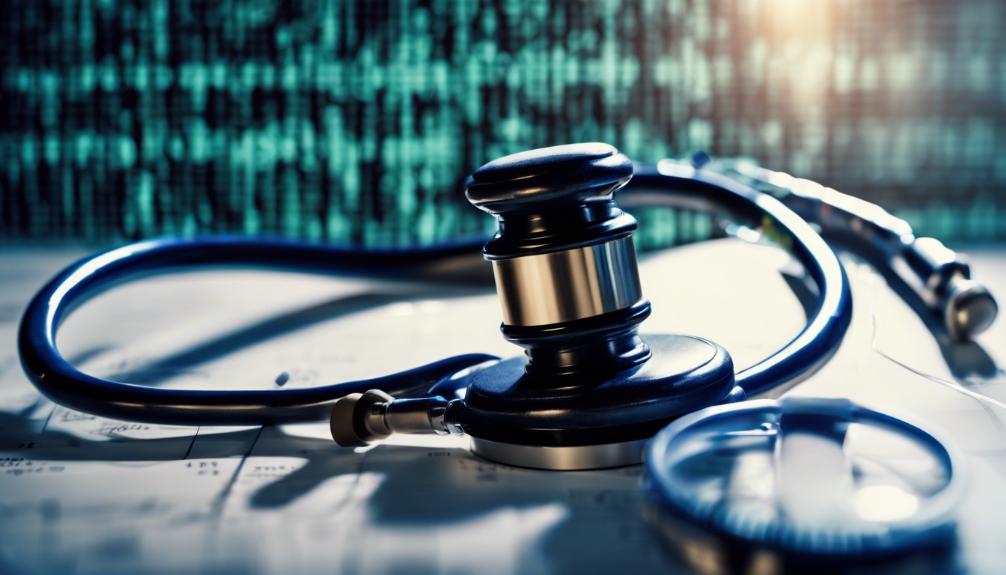
Understanding the importance of safeguarding personal and health information, victims of the Change Healthcare data breach now have the opportunity to seek legal recourse. This pathway offers a beacon of hope for those affected, enabling them to address the violations of their privacy and seek reparations for any damages incurred. Legal experts specializing in data breach cases are prepared to guide victims through the complexities of the legal system, ensuring their rights are fully represented. This recourse is not just about seeking financial compensation; it's a critical step in holding entities accountable for the protection of sensitive information. Victims are encouraged to come forward, not only for their benefit but to serve as a deterrent against future breaches, safeguarding the community at large.
Class Action Lawsuit Initiation

In response to the significant data breach at Change Healthcare, a class action lawsuit has been initiated to address the ramifications for affected individuals. This legal action represents a collective effort to seek justice and compensation for the millions potentially impacted by the unauthorized disclosure of sensitive information. The lawsuit aims to hold Change Healthcare accountable for the breach, emphasizing the need for stringent data protection measures and the importance of safeguarding personal and health information. Engaging in this lawsuit provides a pathway for individuals to understand their risks, explore legal options, and potentially recover damages incurred as a result of the breach. It also underscores the collective resolve of the community to demand higher standards of data security and privacy within the healthcare industry.
Vigilance and Prevention Tips
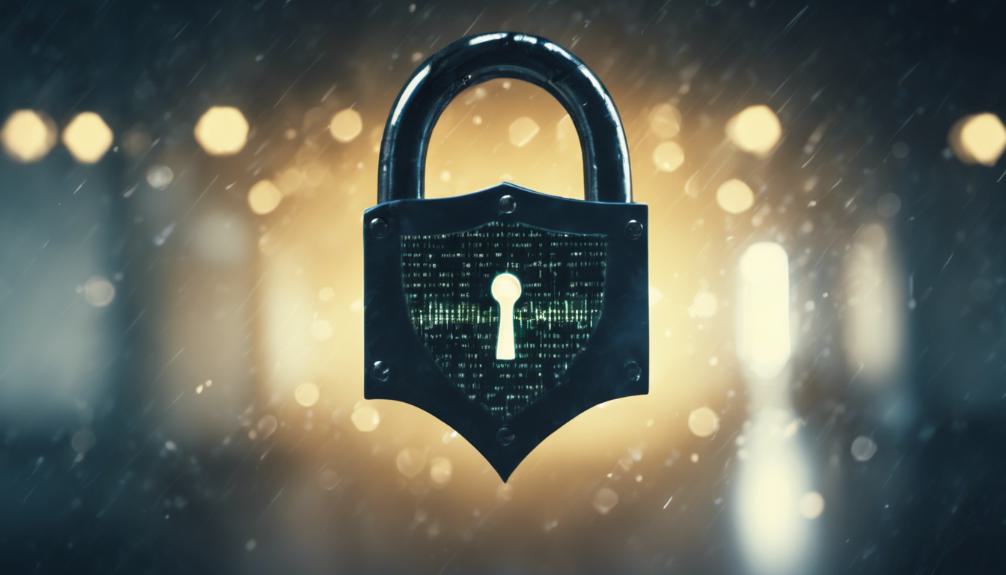
Following the initiation of the class action lawsuit in response to the Change Healthcare data breach, it is imperative for individuals and healthcare providers alike to adopt thorough vigilance and prevention strategies to mitigate future cybersecurity threats. Healthcare organizations should enhance their IT security protocols, conduct regular cybersecurity training for staff, and implement robust data encryption and backup solutions. For individuals, it's important to be cautious with personal information, regularly update passwords, and stay informed about potential phishing scams. Additionally, leveraging two-factor authentication and monitoring financial and health records for unauthorized activity can greatly reduce the risk of falling victim to cyberattacks. These proactive measures are essential in safeguarding sensitive information and ensuring the continuity of trusted healthcare services.
Frequently Asked Questions
How Can Individuals Secure Their Personal Health Information Against Future Cyberattacks?**
To enhance the security of personal health information against future cyberattacks, individuals should adopt robust cybersecurity measures. This includes frequently updating passwords, utilizing two-factor authentication, and being vigilant against phishing attempts. Additionally, closely monitoring account statements and health records for unauthorized activities is essential. Engaging with healthcare providers that prioritize cybersecurity and advocating for stringent data protection policies further safeguard personal information from potential cyber threats.
While the Article Might Discuss the Immediate Response and Prevention Tips From a Corporate Perspective, Readers May Seek Practical Advice on Steps They Can Personally Take to Safeguard Their Health Information Against Potential Future Breaches.
To protect personal health information against future breaches, individuals should adopt robust cybersecurity practices. This includes using strong, unique passwords for online healthcare accounts, enabling two-factor authentication where available, and regularly monitoring account activity for unauthorized access. Additionally, being vigilant about phishing attempts and securing personal devices with up-to-date antivirus software are critical steps. Engaging in these measures enhances the security of sensitive health information, contributing to overall digital safety.
What Are the Long-Term Psychological Impacts on Patients and Healthcare Workers Affected by Cyberattacks?**
Cyberattacks on healthcare infrastructure can have profound long-term psychological impacts on both patients and healthcare workers. For patients, the breach of sensitive data can lead to anxiety, stress, and a loss of trust in healthcare providers. Healthcare workers may experience increased stress due to the added pressure of safeguarding patient information and managing operational disruptions. This compounded stress can adversely affect mental health, leading to burnout and reduced quality of care.
The Direct Consequences of Cyberattacks, Such as Delays in Services and Breaches of Sensitive Data, Are Often Covered. However, the Long-Term Mental and Emotional Toll on Both Patients Who Worry About Their Information and Healthcare Professionals Working Under Increased Strain Might Not Be Addressed.
The aftermath of cyberattacks transcends immediate disruptions, casting a long shadow over the mental well-being of patients and healthcare professionals alike. While systems eventually recover, the psychological scars borne by those fearing for their personal data and professionals laboring under heightened stress may linger. This underreported consequence demands attention, urging a holistic approach to cybersecurity that encompasses not only technical defenses but also support for the human spirits embattled by such crises.
How Will Healthcare Cybersecurity Measures Evolve Following This Incident?**
Following the significant cybersecurity incident, healthcare cybersecurity measures are anticipated to undergo substantial evolution. Enhanced security protocols, rigorous data encryption, and thorough employee training in cybersecurity best practices will likely become more prevalent. Additionally, healthcare organizations may invest in advanced threat detection systems and establish more stringent access controls. These measures aim to safeguard sensitive patient information and guarantee the resilience of healthcare services against future cyber threats.
Conclusion
In the shadow of a digital onslaught, the healthcare sector stands at a precipice, its vulnerabilities laid bare by the recent cyberattack. As the dust settles, a mosaic of disrupted services, compromised data, and a beleaguered workforce emerges, painting a grim picture of the current cybersecurity landscape. This incident, a stark reminder of the fragility of digital fortifications, necessitates a concerted effort to weave stronger protective nets. Forging ahead, it is imperative that the healthcare domain galvanizes its defenses, ensuring that the sanctity of patient data and the continuity of care remain inviolable against the ever-evolving cyber threats.

This post has been generated by AI and was not reviewed by editors. This is Not legal advice. Please consult with an attorney.

